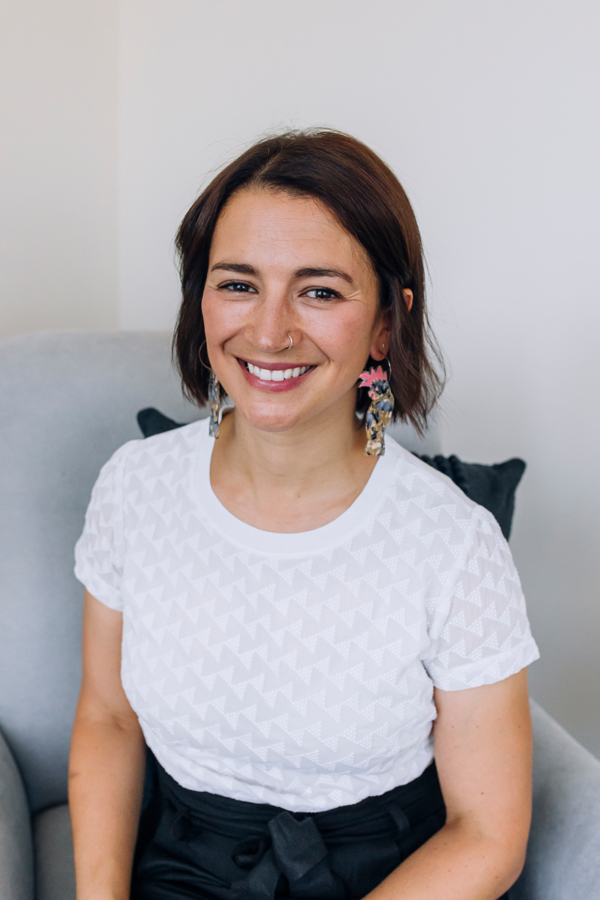Social Work: Marie Vakakis
Giving back is important to Marie Vakakis. Since studying a Master of Social Work, she has opened her own counselling and psychology practice and started a podcast for social workers.

Since graduating with a Master of Social Work (MSW) in 2012, Marie Vakakis has started her own counselling and psychology practice, The Therapy Hub Counselling. Marie is a big believer in giving back to her profession, so she also runs a podcast for social workers.
“I think it's really important to continue to support other professionals in my industry,” she says. “I've always had students on placement and I have a podcast, Inside Social Work, in which I continue to promote the social work field and elevate the work of others in various health and allied health spaces.”
Why the University of Melbourne?
I really liked the course outline and the subjects offered. The university had a good reputation and I trusted that.
What are your strongest memories of your university days?
The culture being in the city. Having so many nice places to visit in breaks and a beautiful campus to be in.
Who motivated you at university?
My lecturers were amazing and my fellow students were very passionate about the course and the field of social work.
What drew you to your area of expertise and what do you love about it?
I started off working in an aged care service for people with alcohol related brain Injuries. I decided to do some research into that area and completed a research pathway on top of my MSW.
Over time I felt I would be better placed to work in earlier intervention, so I started working with younger adults and then eventually kids and teens. I feel more comfortable in this area, supporting early mental health intervention and treatment for kids and teens. The work is very rewarding.
Tell us more about your role and how university helped you prepare for it.
The course provided me with a foundational understanding of social work and then I completed further study which enhanced that degree.
What is your driving force for doing your best at work?
Serving my community and clients I work with, while also giving back to the social work profession.
How important is work life balance to you and how do you ensure you are achieving it?
Very important. I exercise daily; I try to have an active commute to work. I don't have my work emails on my personal phone. That's a big one for me.
What is the biggest risk you’ve ever taken in your life?
As a mental health professional, my expertise is in mental health. Starting a company was terrifying and I continue to learn how to do it every day.
What advice do you have for current students?
It's OK not to know where you want your career to go. You can take it step by step, get some good skills and experience under your belt and build up from there.
What is the best piece of advice you’ve ever been given?
Measure twice, cut once.
What excites you most about the future?
I am excited about the change in how we talk about mental health. While we still have a long way to go, I've noticed an increase in normalising things like anxiety and depression and people feeling more comfortable seeking support.
This was not something I remember ever talking about when I was growing up and it's really positive to see this changing culture.